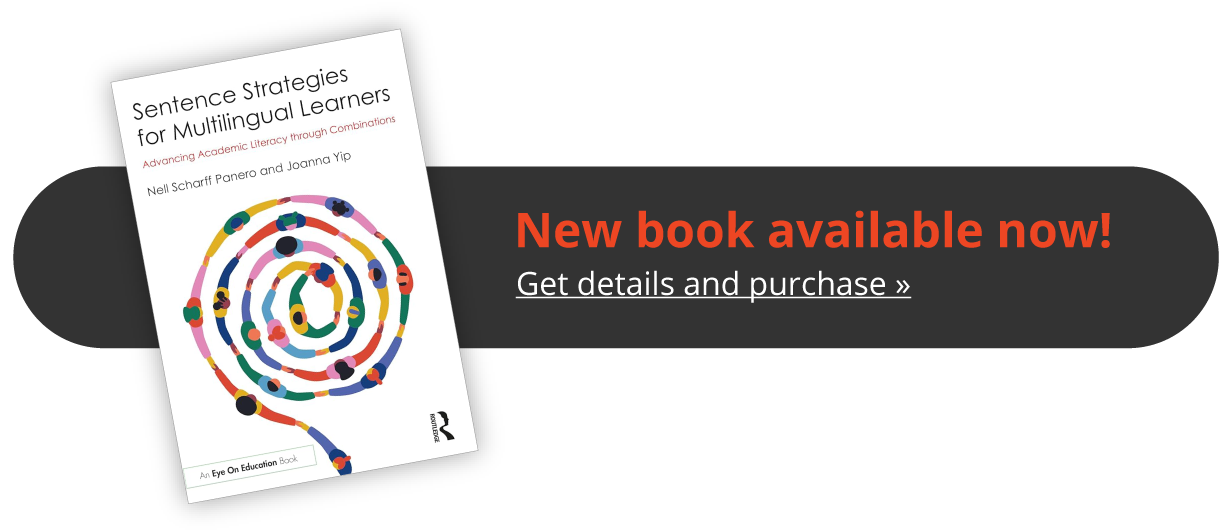Patterns of performance in schools are often quite constant; teachers and schools do the best of what they know, and typically get consistent results. There is much agreement among educational researchers that what’s needed is to move schools toward continuous improvement (e.g., Bryk et al. 2015; DuFour et al. 2005; Elmore 2007; Lieberman and Miller 2016; McLaughlin and Talbert 2006; Timperley et al. 2014) and that to do so requires a culture change where teachers are supported to develop new skills and beliefs that support ongoing learning (Talbert et al. 2012). There is little understanding, however, of what it looks like and entails to bring about these new beliefs and practices (Bryk 2015). What specific processes help shift a teacher—especially an experienced teacher, with more to lose perhaps in letting go of established ways of working—to become better? And more so, to be armed with a process, a way of thinking and working, that’s applicable to any situation in which he or she needs to learn something new?

